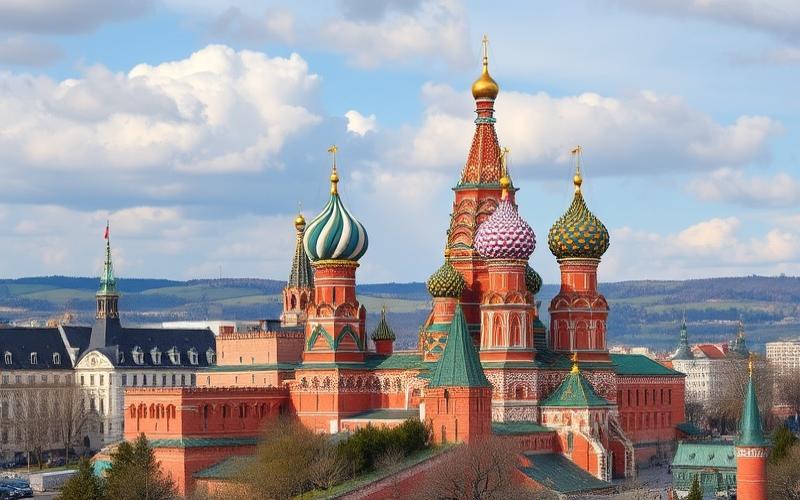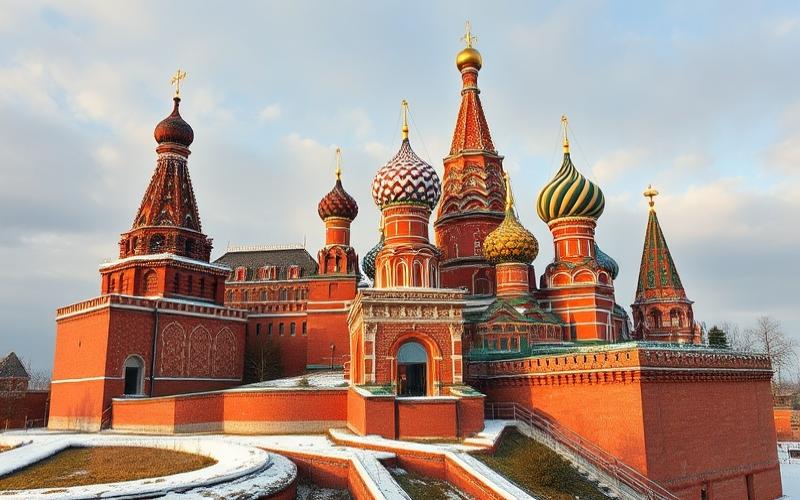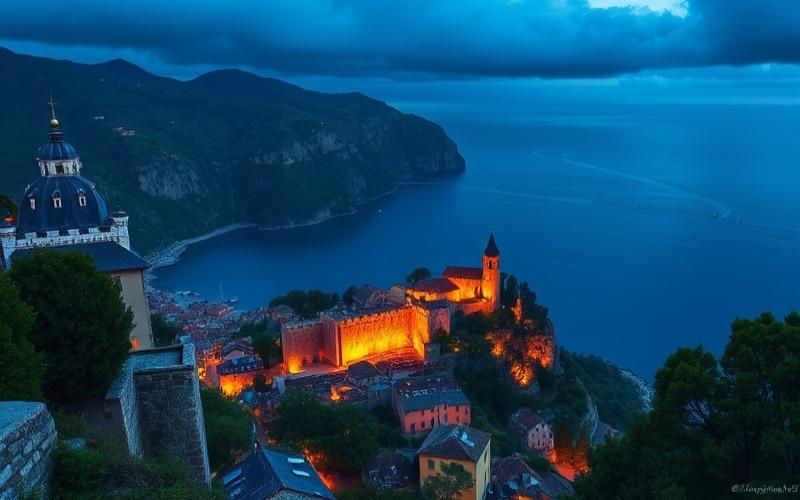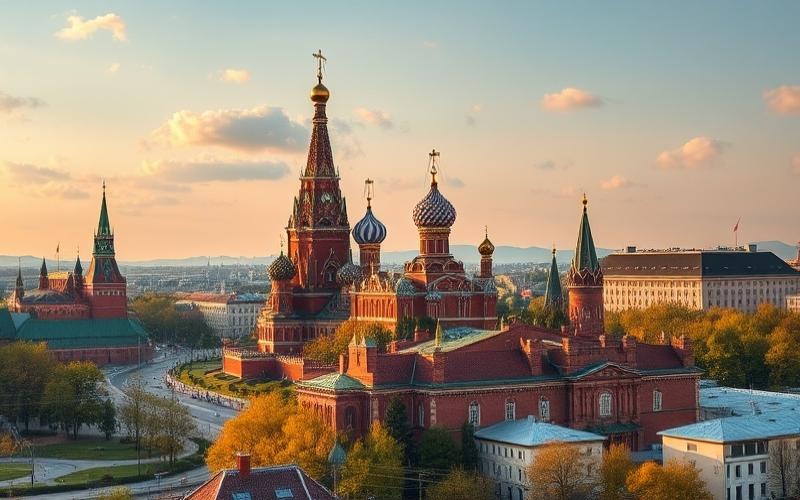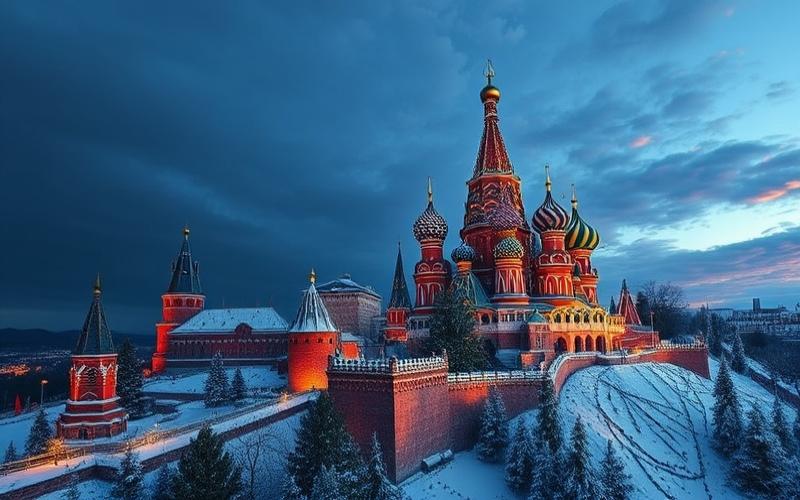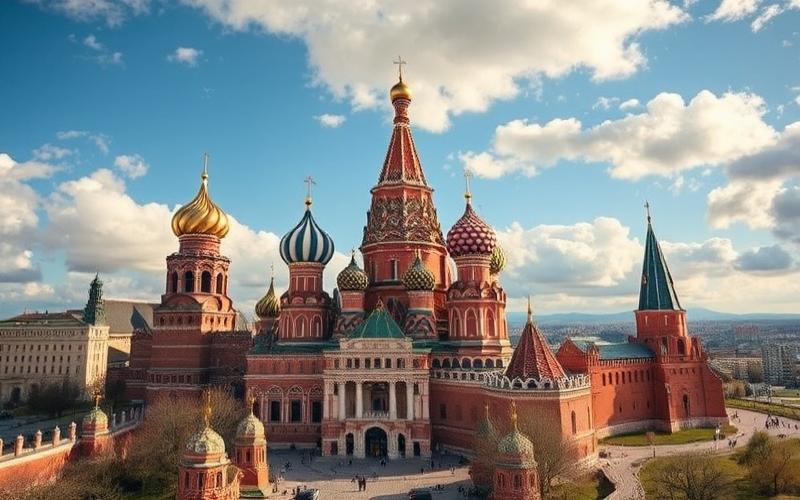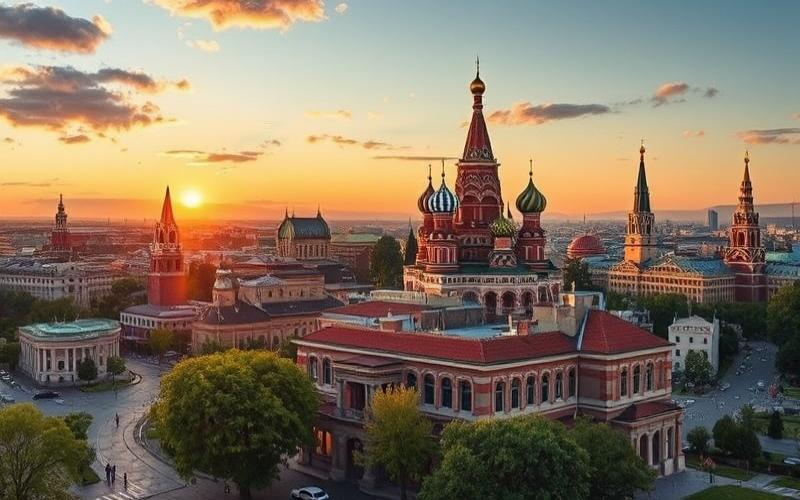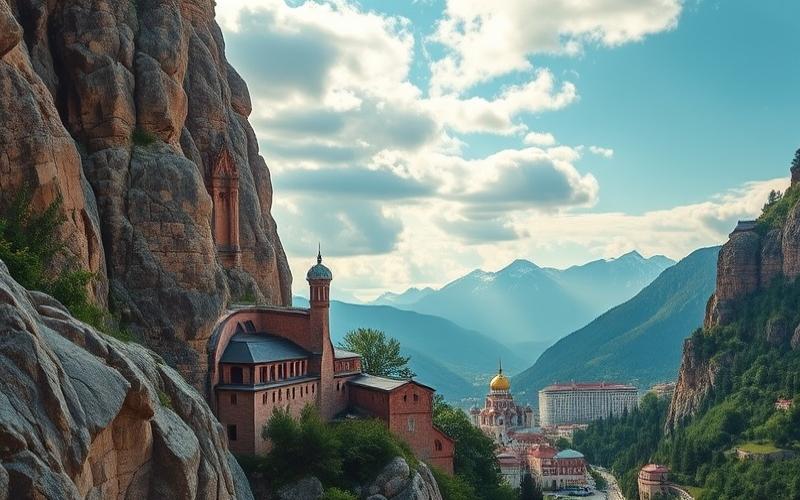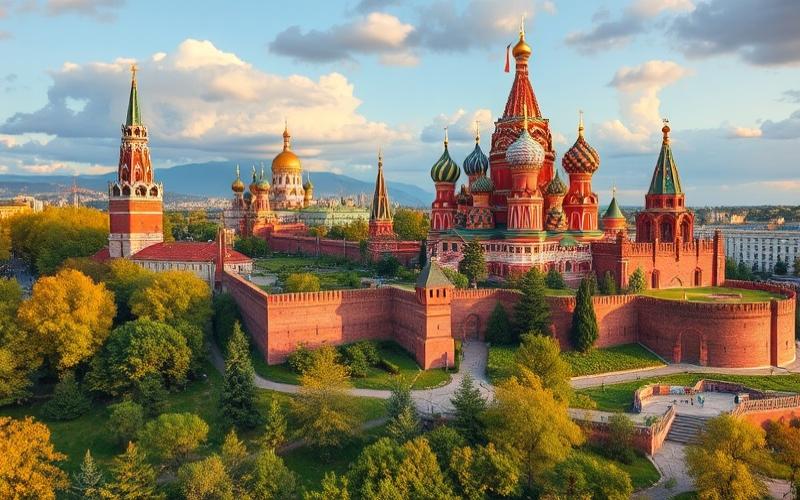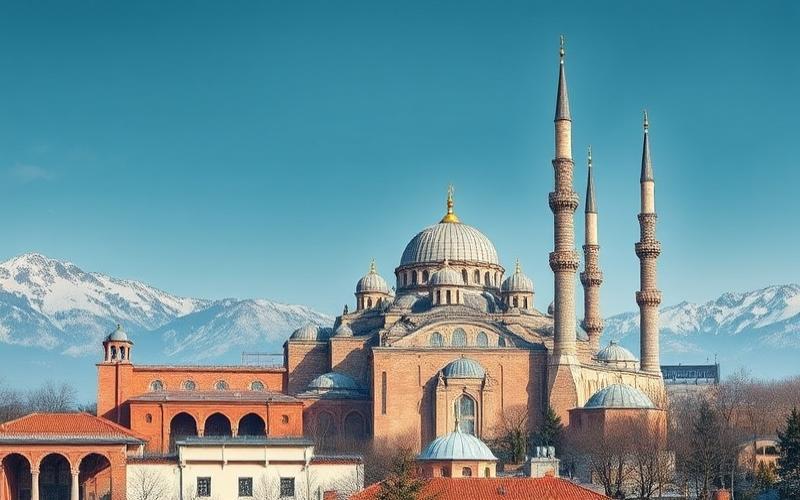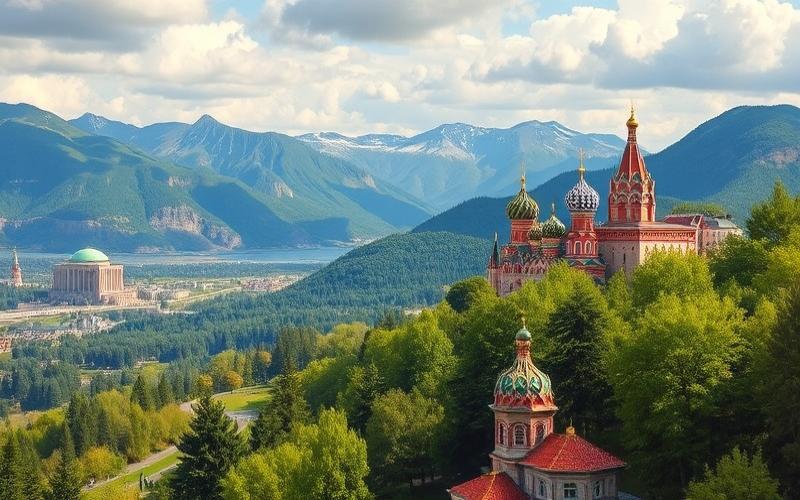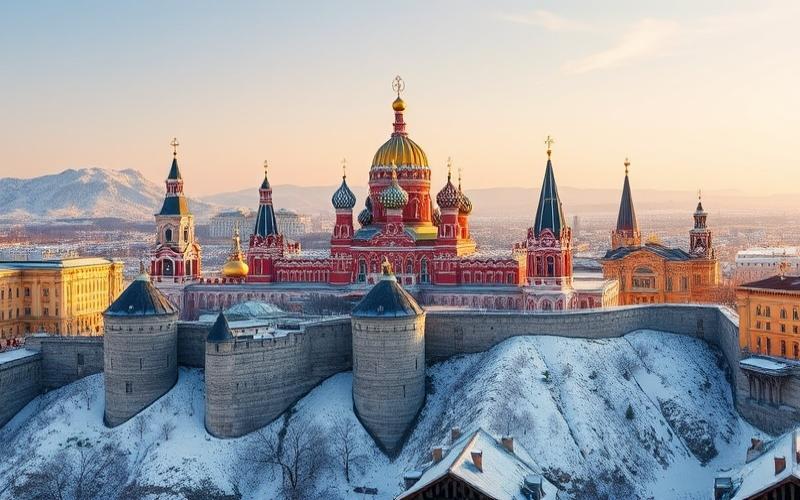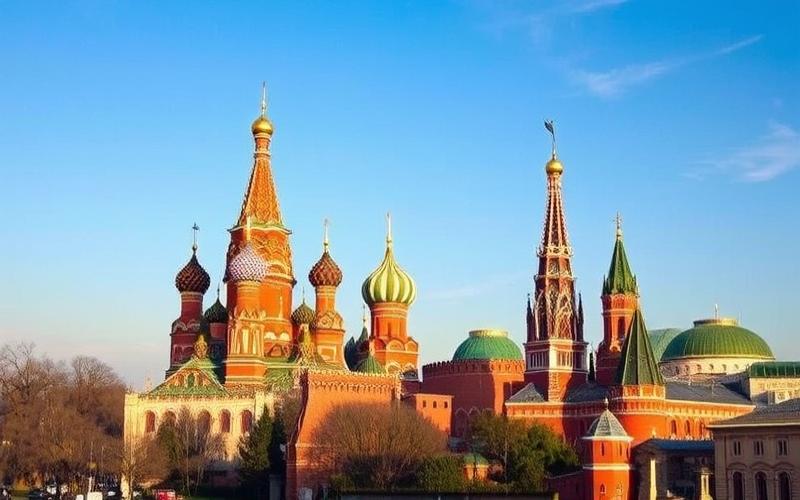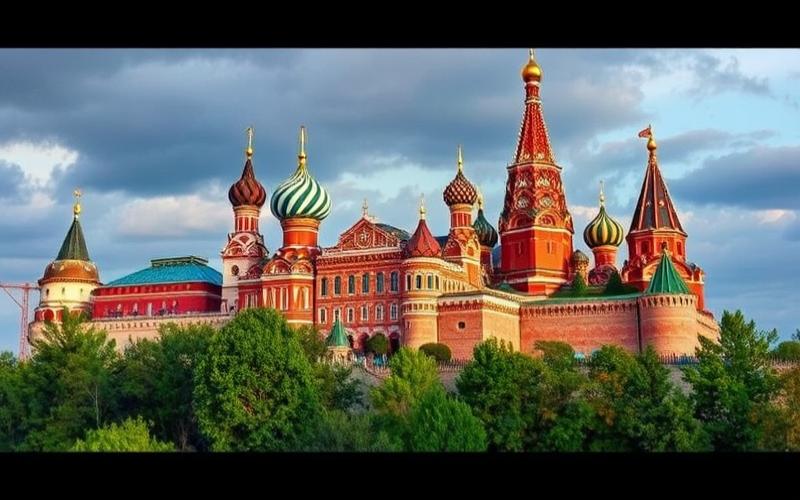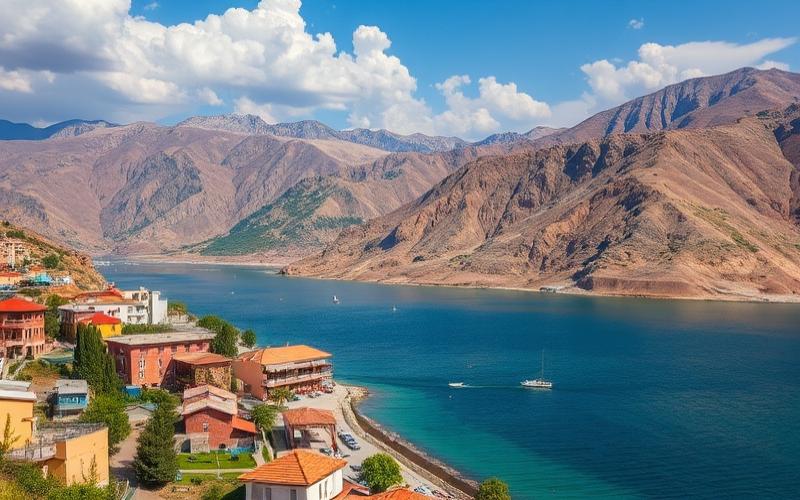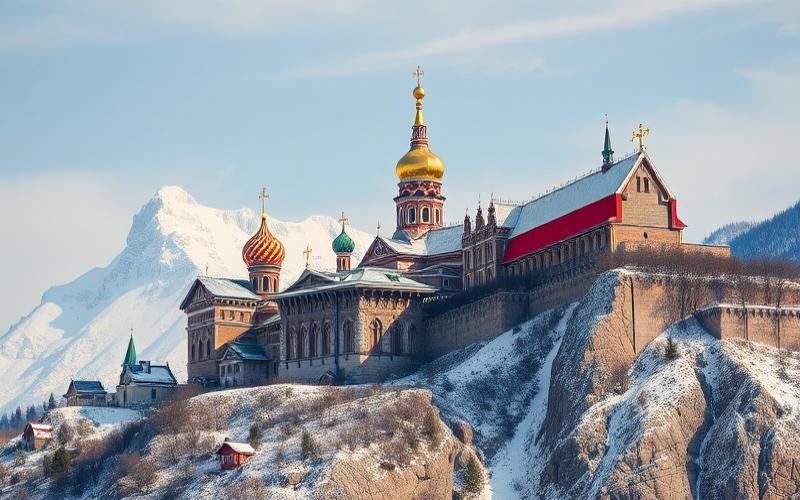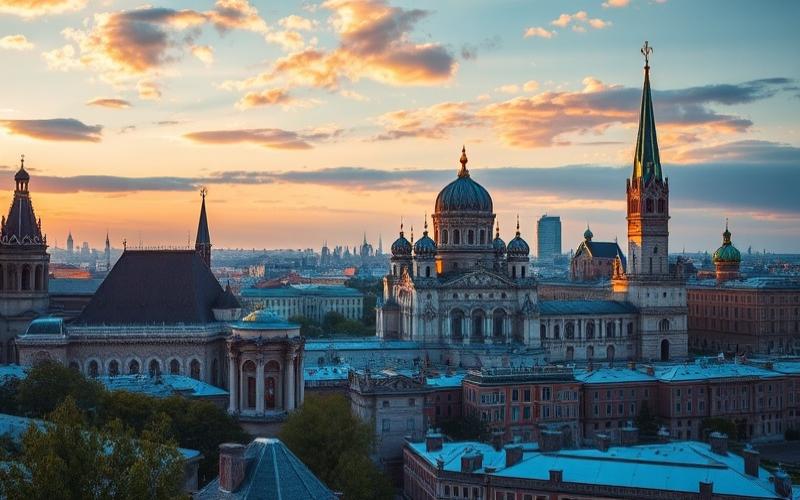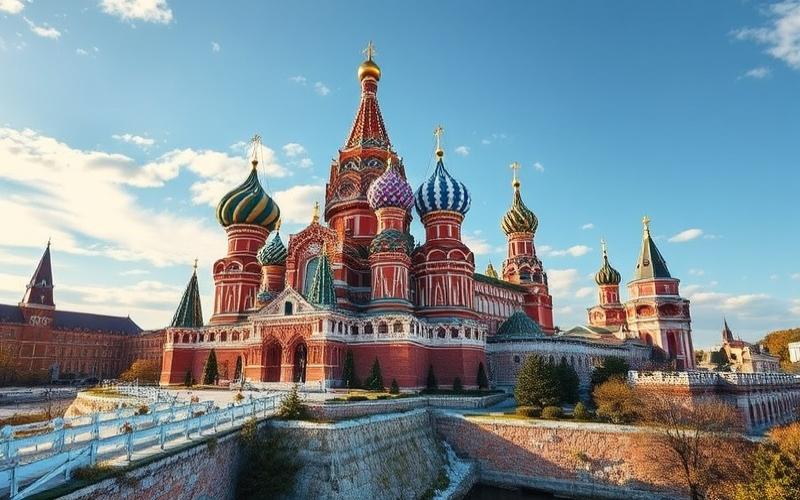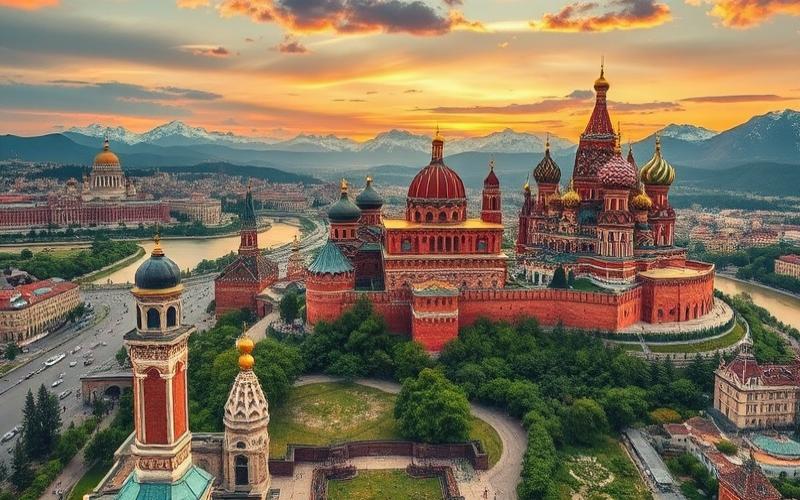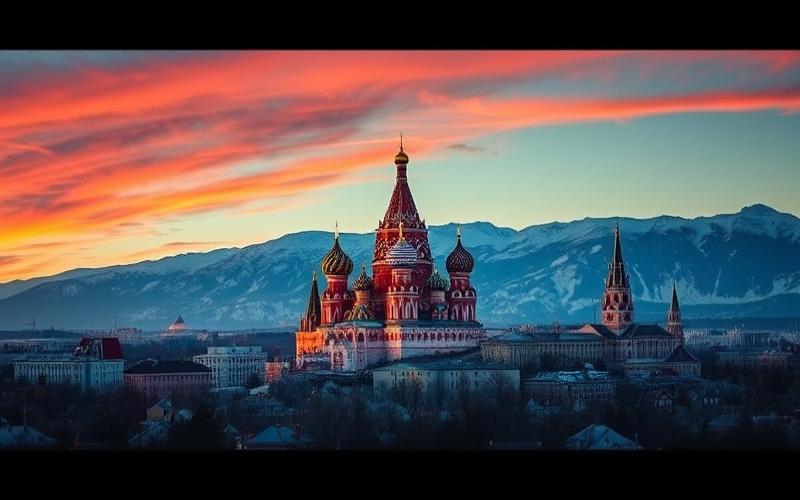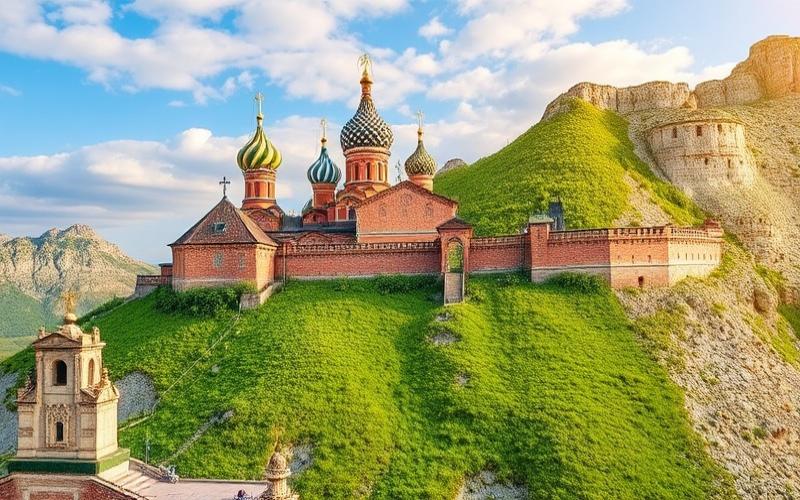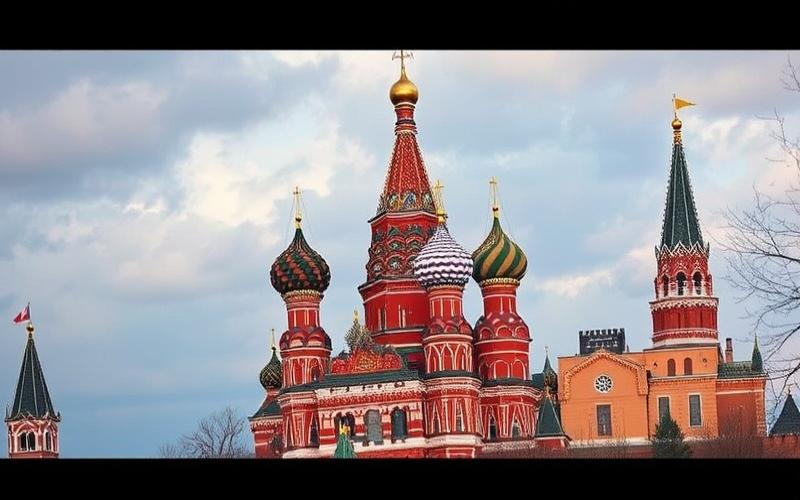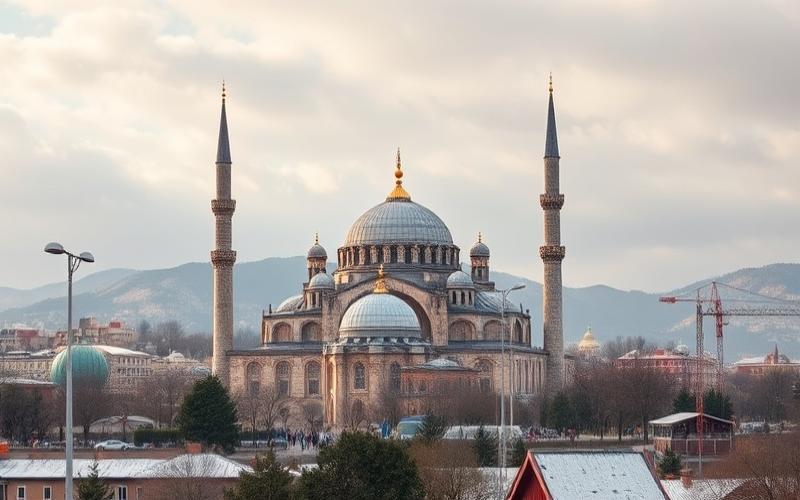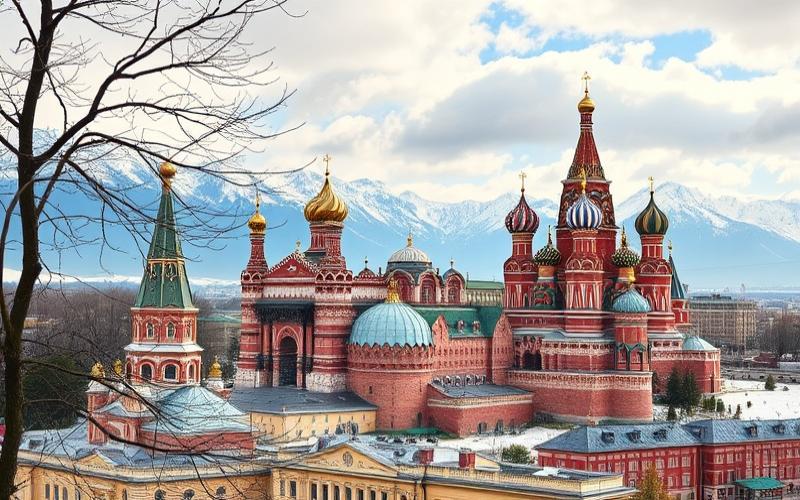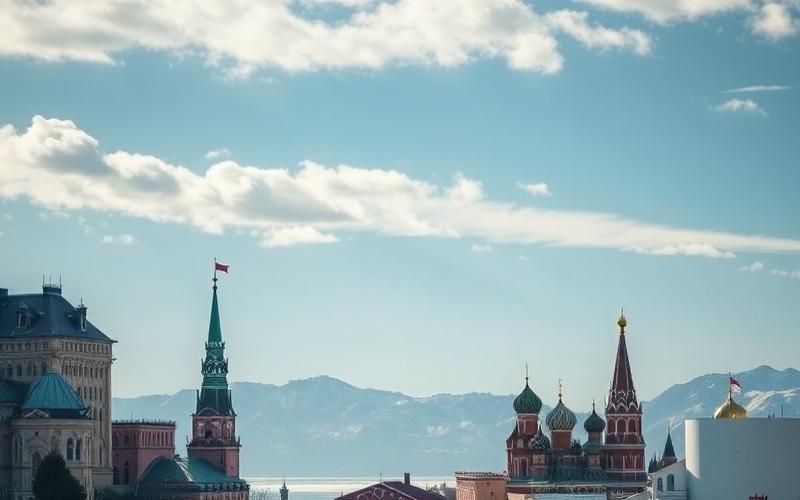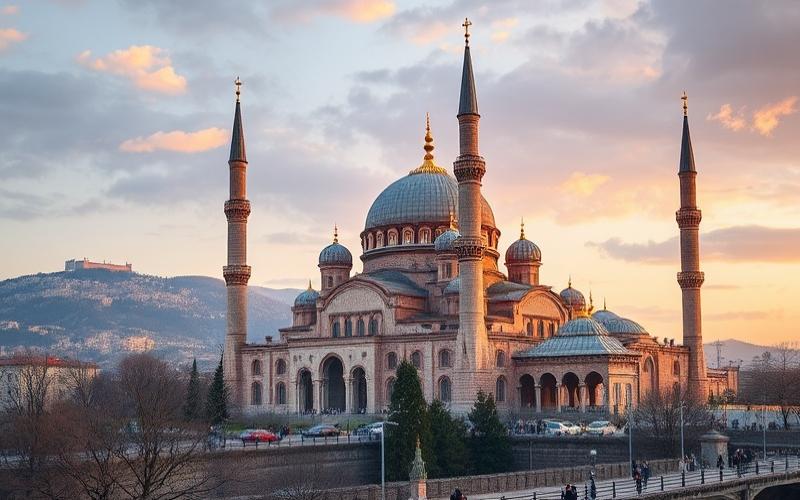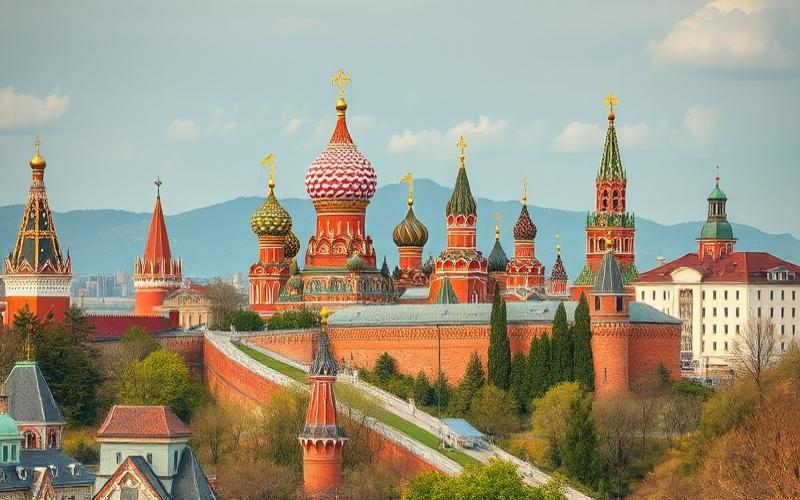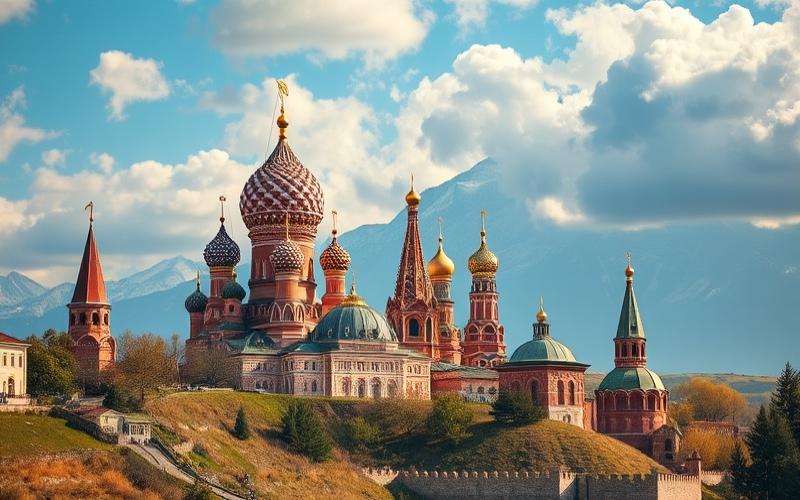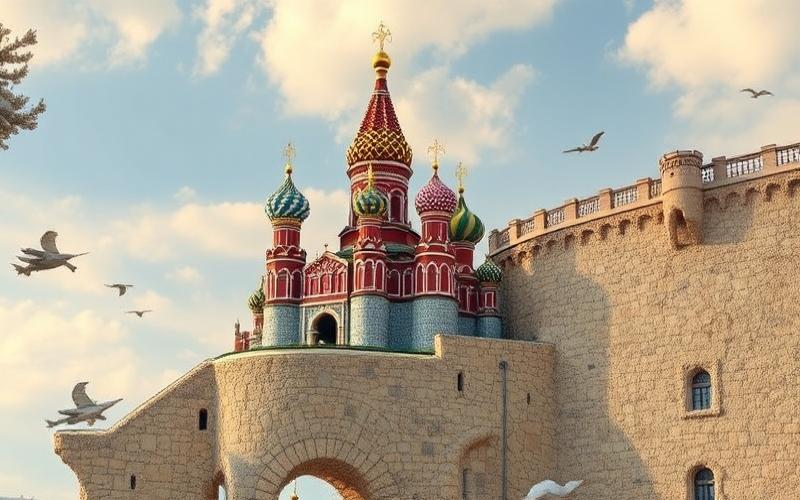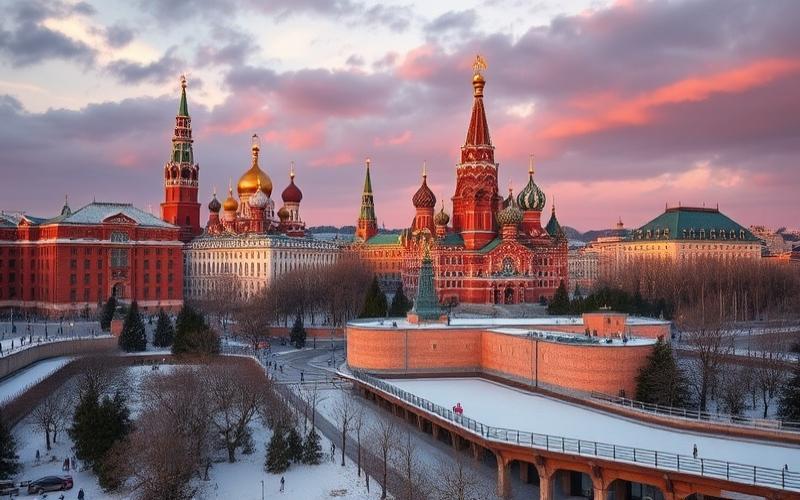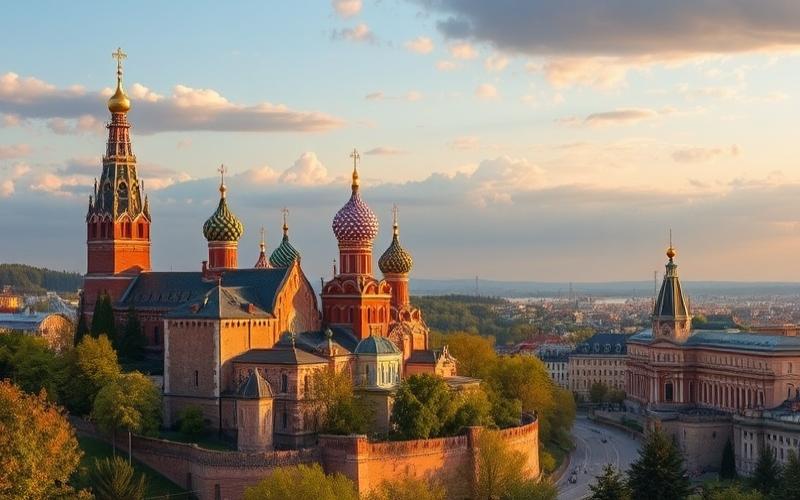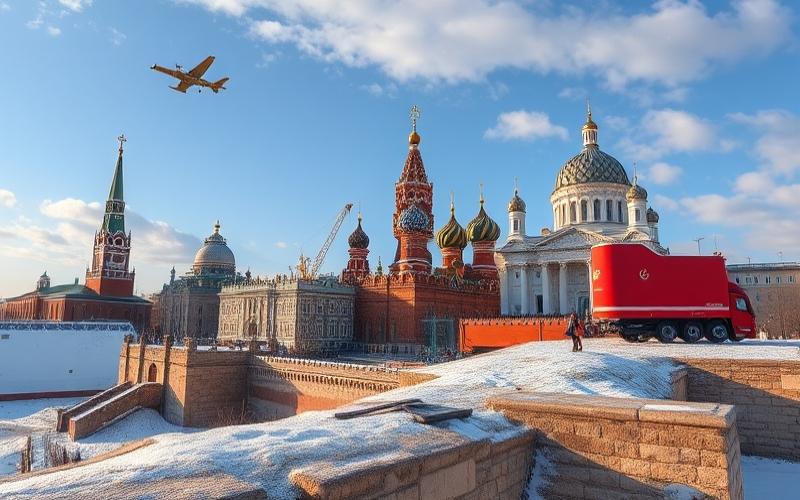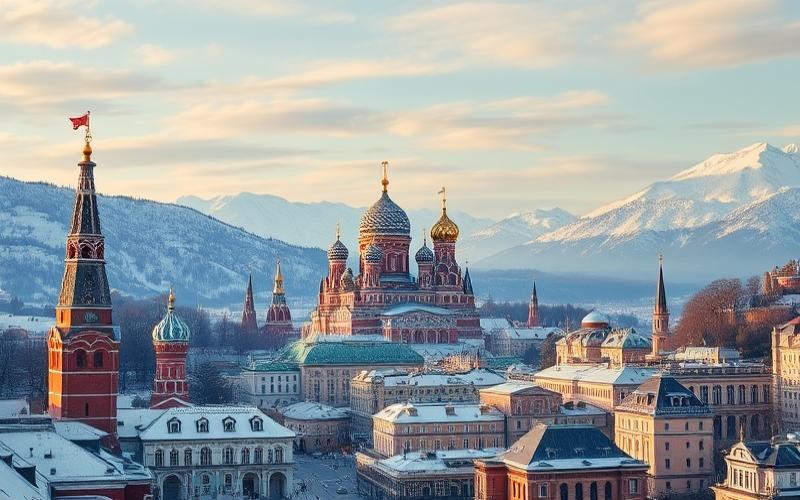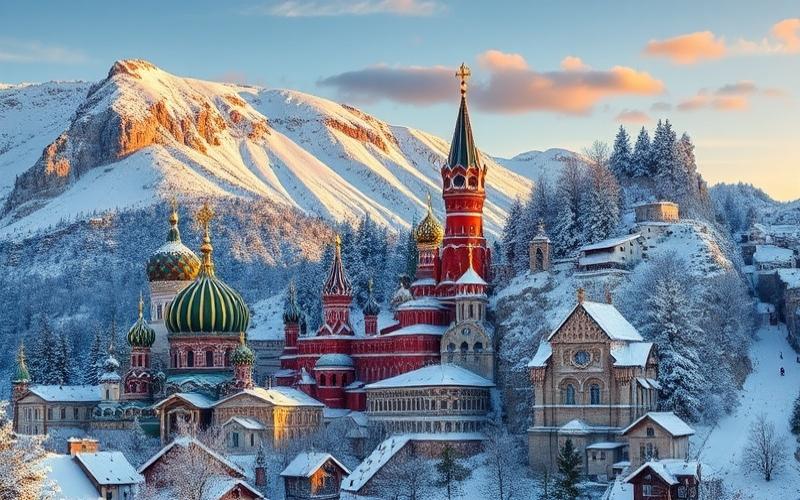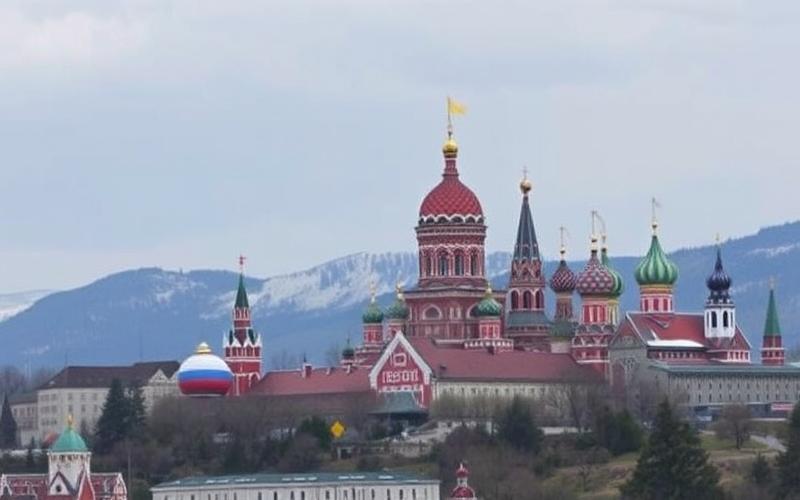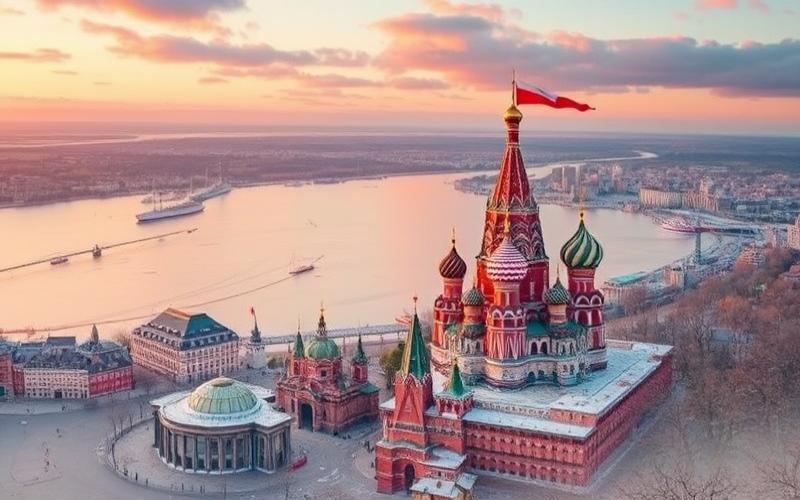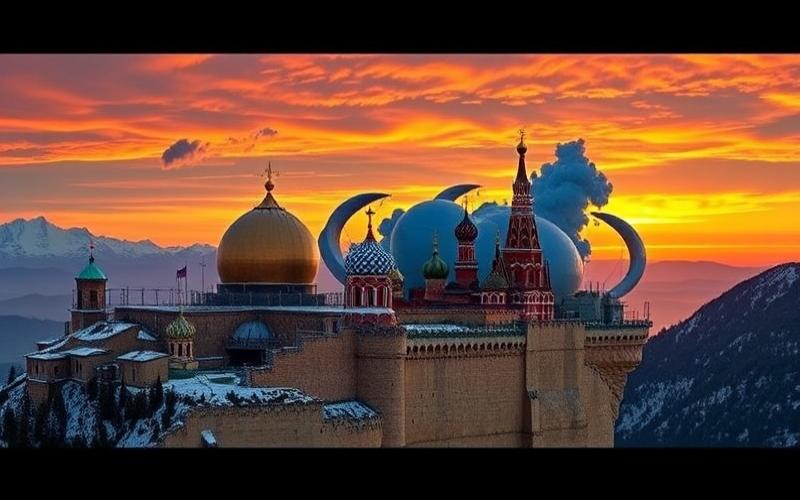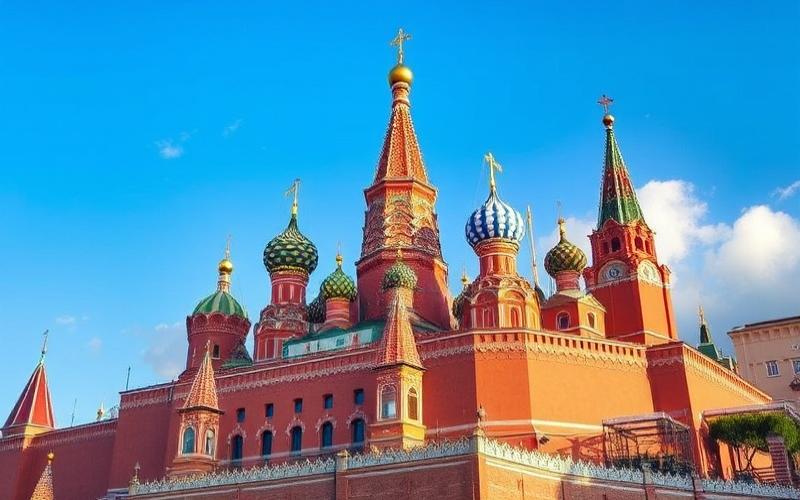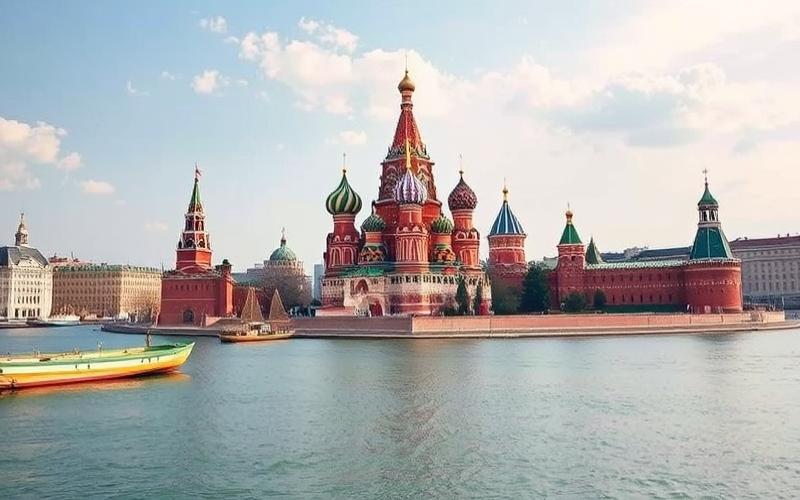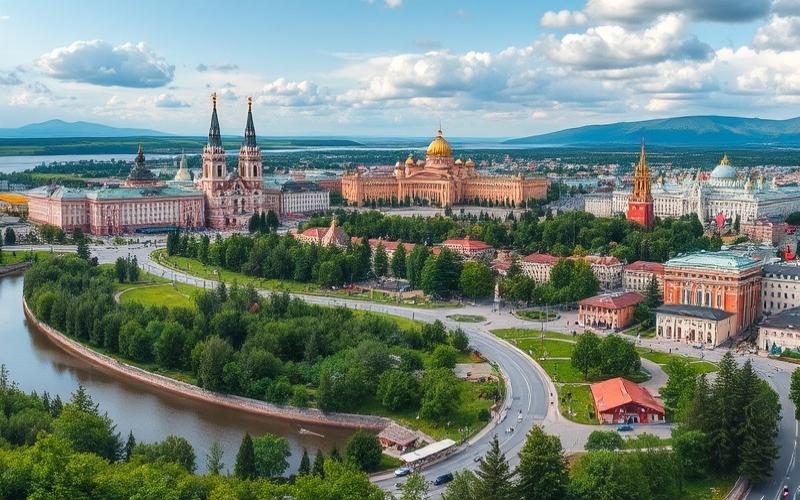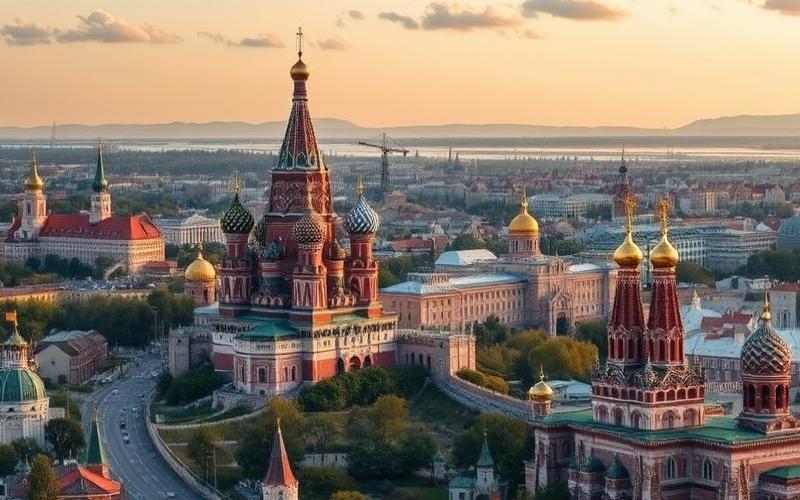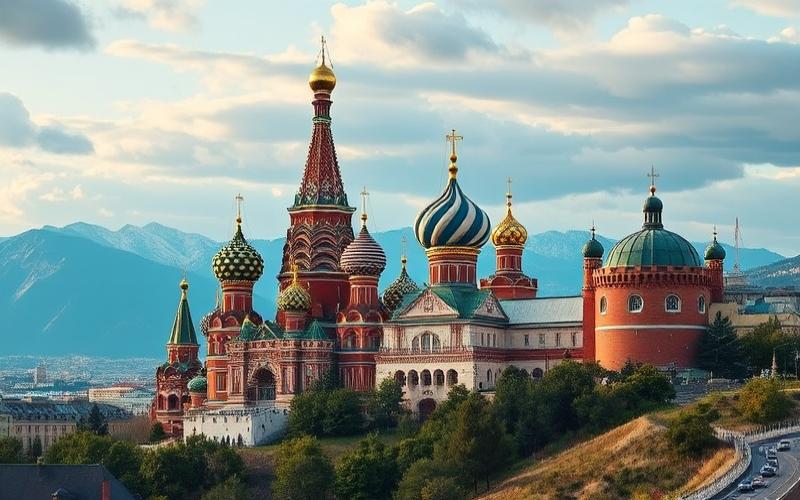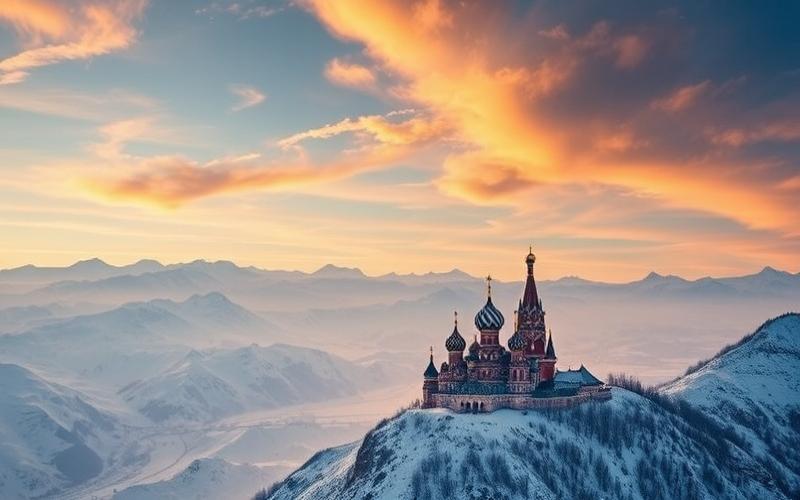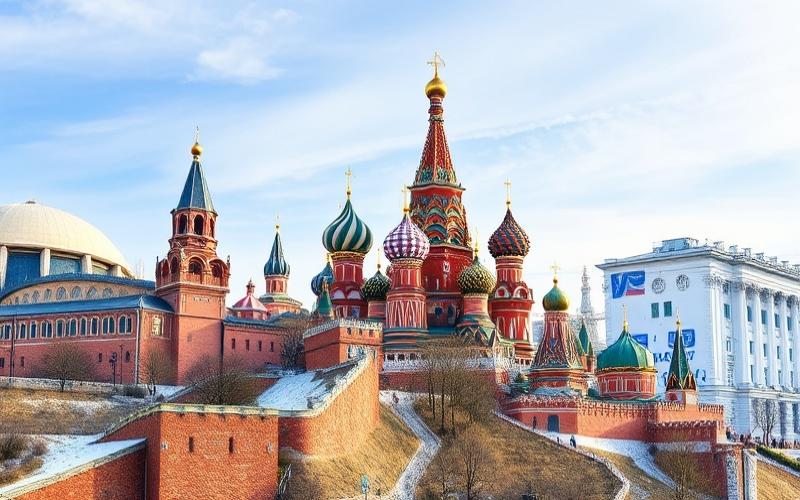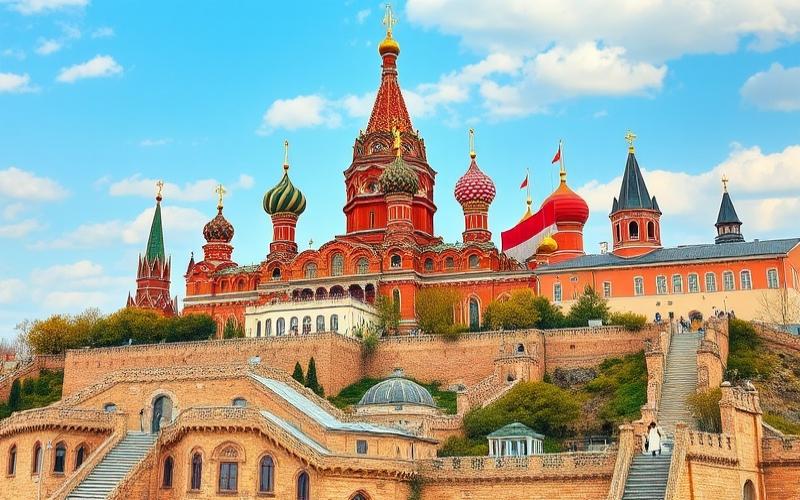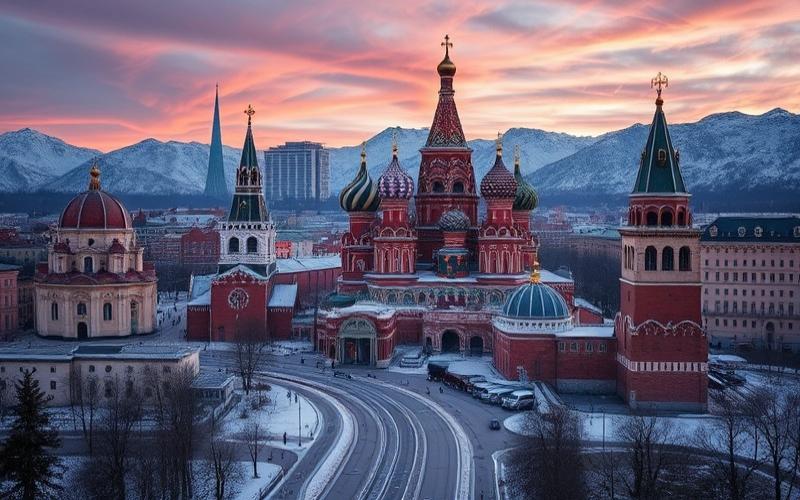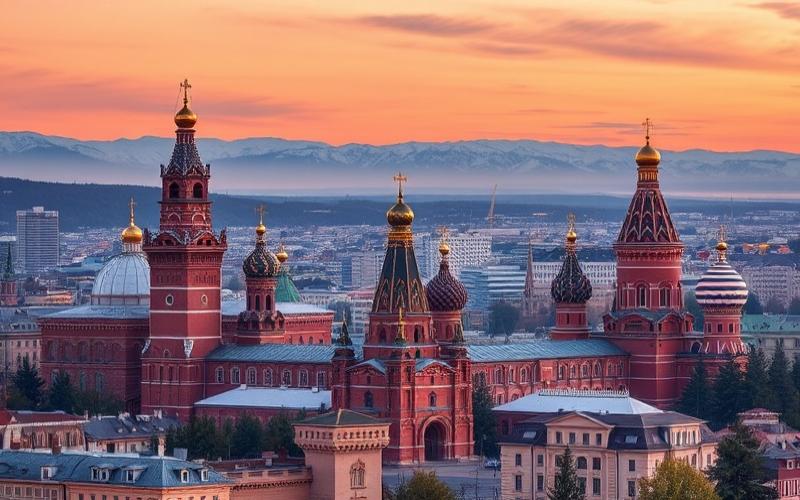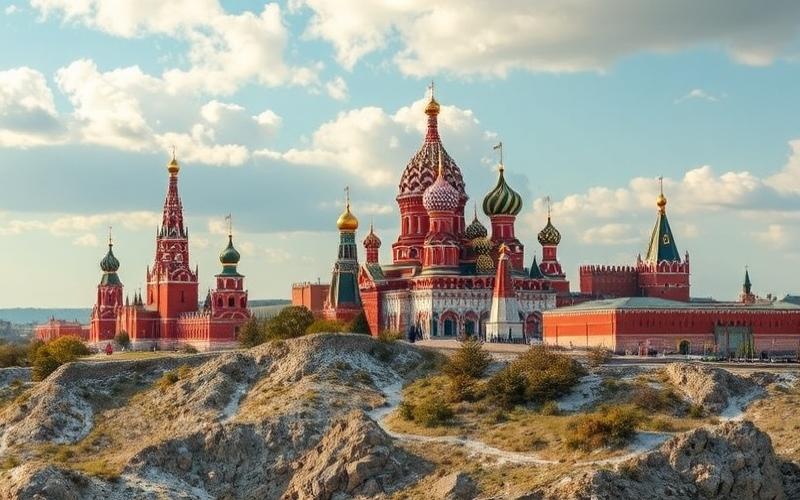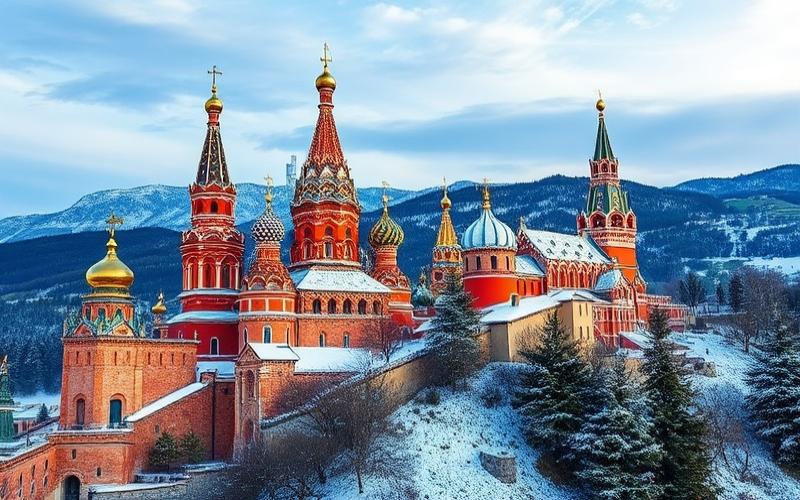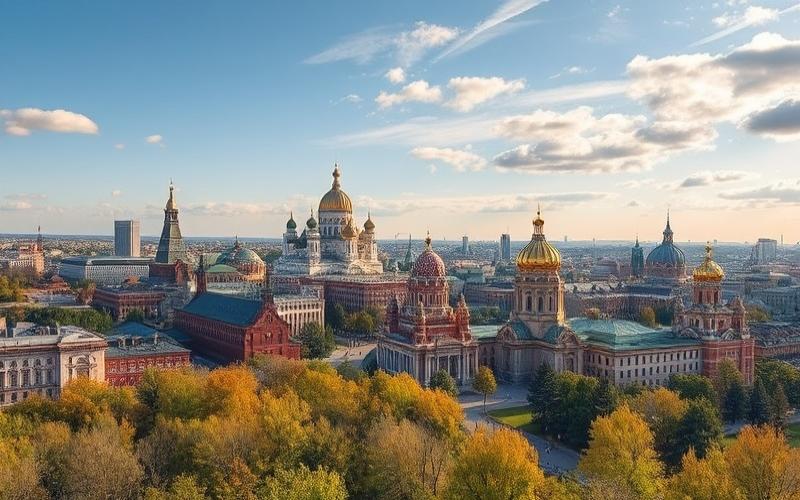
 Published on and written by Cyril Jarnias
Published on and written by Cyril Jarnias
Russia, a country with vast territories and abundant natural resources, plays a crucial role in global environmental issues. Faced with increasing international pressure, this Eurasian giant has initiated the development of a series of ambitious environmental regulations and innovative initiatives aimed at protecting its unique natural heritage.
However, the implementation of these policies raises complex challenges, balancing between environmental preservation and the pursuit of economic progress. This article explores the nuances and impact of Russia’s efforts in the field of environmental law, highlighting the measures adopted and the persistent obstacles at national and international levels.
Environmental Law in Russia: Legal Framework and Recent Developments
Main Environmental Laws Currently in Force in Russia:
- Federal Law on Environmental Protection (No. 7-FZ, 2002)
It forms the basis of Russian environmental law, establishing general principles for protecting air, soil, water, and biodiversity. - Law on Industrial and Household Waste (No. 89-FZ, 1998)
It governs the management, storage, and disposal of waste. The system remains characterized by a low recycling rate and a proliferation of landfills. - Standards for Industrial Emissions
Regulations impose thresholds for polluting atmospheric emissions; however, since 2022-2023, some inspections have been suspended to ease economic pressure on businesses.
| Law / Regulation | Area Covered | Recent Observations |
|---|---|---|
| Federal Law on Environmental Protection | Comprehensive Protection (air/soil/water/wildlife/flora) | General framework weakened in recent years |
| Waste Management Law No. 89-FZ | Industrial/household waste | Overloaded system; very low recycling rate |
| Industrial Emissions Standards | Sectoral limits | Controls relaxed since sanctions |
Responsible Government Agencies:
- Ministry of Natural Resources and Ecology
- Federal Service for Supervision of Natural Resource Usage (Rosprirodnadzor)
- Various regional services also provide local oversight but their autonomy is limited.
Recent Legislative Developments:
- In November 2023, a new climate doctrine was adopted, officially recognizing the challenge of climate change.
- Since March 2022: partial or total suspension of environmental inspections in several industrial sectors.
- National initiatives like the Clean Air project have been paused in favor of supporting industry.
Biodiversity:
The legal framework prohibits any construction in national parks. However, these protections are frequently bypassed or relaxed to facilitate real estate projects or road infrastructure. Economic pressures lead to a notable easing at the expense of protected areas.
Climate Change:
Russia committed in its first nationally determined contribution to reduce its GHG emissions to the maximum level allowed by its carbon-sink forests. Yet, its current trajectory predicts a relative increase in emissions by 2030.
International Initiatives:
- Ratification of the Kyoto Protocol (global entry into force thanks to this act).
- Commitment at the COP21/Paris Agreement summit with official but largely non-binding targets.
Energy roadmaps aim for moderate development of renewables and a significant rise in civilian nuclear power – primarily motivated by exports rather than direct domestic GHG reduction.
Structural Challenges & Main Criticisms:
Synthesized List of Main Issues Identified:
- Weak effective enforcement: controls reduced or even suspended recently.
- Legislation frequently adjusted to favor industrial development or respond to immediate economic constraints.
- Strong pressure on biodiversity despite the formal existence of protected areas.
Recurring Criticisms:
“Legislation has been ‘relaxed’ in favor of ‘polluting’ companies” — environmental activist quoted anonymously
“The government has reduced its efforts to monitor compliance with environmental standards” — consistent analyses
In Summary:
The Russian legal framework remains comprehensive in its formal architecture but has seen a clear decline in its practical application under economic pressure in recent years. International commitments remain largely declarative, while practical reality often prioritizes immediate industrial interests over ambitious ecological policy.
Good to Know:
In Russia, the Federal Law on Environmental Protection and waste management regulations are implemented by agencies such as Rosprirodnadzor, while efforts are made to comply with the Paris Agreement despite criticism over the enforcement of existing laws. Recent legislative developments concern biodiversity, but challenges persist regarding the effectiveness of industrial emissions standards.
Impact of Russian Environmental Policies on Expatriates
The Russian government’s environmental policies influence the daily lives of expatriates mainly through regulations on pollution, waste management, and the use of natural resources.
Environmental Regulations Directly Affecting Expatriates:
Pollution Standards
- Russia recently authorized a 20% increase in greenhouse gas (GHG) emissions by 2030, marking a divergence from international trends. This policy can lead to poorer air quality in major cities like Moscow or St. Petersburg, impacting health and daily comfort.
- Expatriates working in industry or the energy sector sometimes face complex administrative procedures to comply with new environmental standards.
Waste Disposal
- Russia plans a gradual ban on single-use plastics by 2025, requiring residents and foreign companies to review their packaging and daily waste management practices.
- Municipal systems often remain underdeveloped: selective sorting is not widespread, collection is irregular. Some expatriates report having to organize their own recycling or find a voluntary drop-off point.
Use of Natural Resources
Real estate and industrial projects must comply with certain local laws on forest preservation (notably fire prevention); this can impact procedures during property acquisition or the launch of professional activities.
Government Programs and Initiatives Related to Ecological Sustainability:
- Several Russian regions officially support the development of renewable energies through association lobbying; some projects offer foreign professionals opportunities for innovation in these sectors (example: national public audit on coastal pollutants).
- The international ecological congress brings together public/private actors to strengthen multilateral cooperation on environmental matters. Bilateral partnerships can open privileged access to Russian green markets for qualified foreign workers.
Concrete Examples & Recent Testimonials:
| Impact | Testimonial / Example | Recent Statistic |
|---|---|---|
| Pollution | “The air is sometimes hard to breathe during the winter peak,” French expat living near the Moscow ring road | +20% GHG authorized until 2030 |
| Waste | “Our company had to invest in its own internal sorting system because no reliable public solution existed” – German executive in the agri-food sector | Planned ban on single-use plastics from 2025 |
| Natural Resources | Swedish expatriate involved in local reforestation project with Russian NGO after major fire in Siberia | Creation of >25 volunteer firefighter groups in the last ten years |
Additional Key Points:
- The recent absence or limitation of NGOs like Greenpeace restricts access to some ecological volunteer programs once open to foreigners.
- Some restrictive policies can complicate obtaining work/residence permits if the professional project is linked to the critical fossil fuel/polluting sector.
Synthesized List — Observable Daily Effects:
- Possible increase in allergies/respiratory symptoms during pollution peaks
- Necessary adaptation of consumption habits (packaging/recycling)
- New professional opportunities but also legislative constraints depending on the sector
Overall, this shows that while some measures aim for sustainability, their uneven application creates as many challenges as opportunities for expatriates living in Russia.
Good to Know:
Expatriates in Russia must adapt to strict pollution standards, affecting transportation and housing choices; initiatives like the recycling program in Moscow influence daily practices. Recent sustainable development projects can also open job opportunities in the ecological sector.
Comparison of Russian and EU Environmental Regulations
Comparison of Environmental Regulations: Russia vs European Union
| Aspect | European Union (EU) | Russia |
|---|---|---|
| Objectives | Carbon neutrality by 2050, reduction of GHG emissions, biodiversity protection, circular economy. | Adaptation to the effects of climate change rather than active mitigation; maintenance of industrial development. |
| General Approach | Strong and integrated regulation at the supranational level; harmonized application in all Member States. | Centralized but less binding approach; prioritization of national sovereignty and economic development. |
| Enforcement Mechanisms | Emissions Trading System (ETS), framework directives, horizontal legislation (6th EAP, Green Deal), sanctions for non-compliance. | Flexible federal legislation, strong state control over environmental NGOs, low transparency on the actual application of standards. |
Concrete Examples
European Union:
- European Green Deal: aims for net-zero emissions by 2050.
- Water Framework Directive and Natura 2000 Directive for the protection of natural habitats.
- REACH Regulation for the control of chemical substances.
Russia:
- Federal Law “On Environmental Protection” (regularly revised).
- Ban or restriction of international environmental NGOs like Greenpeace.
- Recent emphasis on the “climate adaptation” concept without strict quantified targets.
Main Differences
- The EU favors structural transformation through a demanding legal framework, while Russia adopts a reactive posture focused on adaptation rather than prevention.
- European mechanisms largely rely on the polluter-pays principle and progressive integration with harmonization between member countries; in Russia, effective compliance heavily depends on the internal political context.
- Civil society plays a driving role in the EU, whereas in Russia it is often marginalized or even criminalized.
Challenges Encountered
EU:
- Economic heterogeneity between Member States slowing some progress.
- Difficulty reconciling climate ambitions and industrial competitiveness in the face of recent energy crises.
Russia:
- Low citizen involvement following the crackdown on environmental NGOs.
- Maintenance of an economy highly dependent on fossil fuels and resistance to industrial structural change.
Notable Successes
EU:
- Overall continuous decrease in emissions since 1990 despite population growth.
- Accelerated development of renewable energies thanks to targeted subsidies.
Russia:
- Some local advances in forest management or partial treatment of industrial waste under international pressure.
Economic/Industrial Impacts
- In Europe: notable acceleration towards a cleaner industrial model but increased concern about industrial relocations (“carbon leakage”).
- In Russia: deliberate maintenance of an extractivist model; possible introduction by the EU of a carbon border tax which could heavily impact Russian exports.
EU-Russia International Cooperation & Perspectives
Cooperation materialized through various bilateral agreements aimed notably at technology sharing or cross-border monitoring — but remains very limited since post-Ukraine invasion geopolitical tensions. Future harmonization would require:
- Reopening of multilateral political dialogue, particularly around Arctic climate monitoring;
Such harmonization cannot progress without strong political will nor without progressive normative convergence — which presupposes increased institutional transparency on the Russian side as well as partial flexibility on the European side regarding the required pace.
Good to Know:
Russia emphasizes industrialization while gradually integrating ecological measures, unlike the EU which prioritizes strict environmental protection standards, such as the European Green Deal. Divergences in the application of environmental laws are a major obstacle, although cross-border collaborations with the EU could encourage more effective harmonization of standards.
Disclaimer: The information provided on this website is for informational purposes only and does not constitute financial, legal, or professional advice. We encourage you to consult qualified experts before making any investment, real estate, or expatriation decisions. Although we strive to maintain up-to-date and accurate information, we do not guarantee the completeness, accuracy, or timeliness of the proposed content. As investment and expatriation involve risks, we disclaim any liability for potential losses or damages arising from the use of this site. Your use of this site confirms your acceptance of these terms and your understanding of the associated risks.

